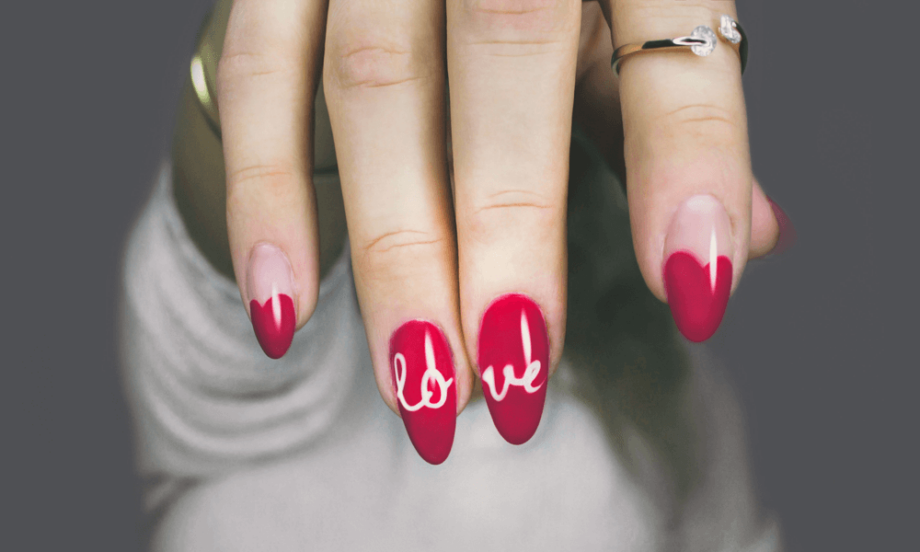Couples’ privilege (or couples’ advantage) is a complicated subject. It’s also one of the most toxic issues I’ve run into as a solo polyamorous woman. Being married and being seen as the “default norm” definitely comes with presumed advantages.
It’s difficult when couples create rules that other partners have no hand in creating, but are expected to abide by. A few of my favorites?
- Veto power, where one partner can have final say on another’s romantic relationships. Wield that power, and you can pretty much kiss equality goodbye.
- Restricting certain pet names or specific places or sex acts for “just you two.” I want to share all of my favorite things with the people I care about – and create our own unique sacred experiences.
- The "unicorn rule," where if you want to have sex with one person in a couple, you must sleep with both. As much as I love a good BOGO deal, this is a bad idea unless enthusiastic consent has been expressed by all parties involved.
- The OPP, or One Penis Policy, is also problematic.In most cases, this set-up allows penis-havers to have sex with other vagina-havers, but limits vagina-havers to getting intimate only with other vagina-havers. In my experience, one penis policies are all about catering to the male ego. Uh, nope. I don't practice polyamory to limit my love to one cock.
Read: Hey, Guess What? Monogamous and Polyamorous Couples Are Equally Happy
Couples’ privilege also kicks in the moment when you want to sing the praises of your sweetie to the masses, but you’re unable because your partner isn’t “out.” It’s never being fully recognized as a “real” couple because unless you're a legal spouse who shares tax, health insurance, and other spousal benefits, it's never quite legit enough. It’s never getting to be a +1 to events where a significant other is expected. (When was the last time you were invited to a wedding with a +2 – and didn’t have kids?) Ditto for hospital visitation rights. It's when your partner makes a misstep in his relationship and his partner puts him on an immediate dating moratorium. It’s an emotional mindfuck when any one person has the power to break up or create distance in a so-called secondary relationship to “fix” theirs. (True story.)
Sometimes, couples’ privilege is unavoidable. It’s rarely intentional, and in many cases, the couple rarely realizes what they are doing. In these instances, I like to direct people to the section on couples’ privilege in my go-to guide for all things poly, More Than Two.
And I get it, couples’ privilege can be a tough balance. It’s something I’m constantly trying to address and discuss in my relationships. A good way to check in with yourself is to ask, “How would I feel if I were my meta right now? Would I find this fair/controlling or OK?” Just put yourself in their shoes.
I also try to stay away from hierarchical language, although I recognize a natural hierarchy of certain relationships, and honor the uniqueness of every relationship. If you wouldn’t like being in that situation with a partner and metamour, then it’s a fair assumption it’s not an ethical choice. Nobody wants to feel “less than” because they’re not part of a couple – whether they’re married, nesting partners (partners that live together and share resources), or merely have a history together. That said, I think people are afraid to admit when they have couples’ privilege in a relationship because it's often viewed as a negative in the poly world. The thing is, it doesn’t have to be if you’re aware of it and acknowledge it.
Read: 4 Things Polyamory Taught Me About Love I Wish I Had Known When I was Monogamous
Like a lot of people, I grew up in a household that had particular ideas about what a romantic relationship should look like. Here's the thing: there's no one-size-fits-all way to do relationships. I've always thought of relationships differently, but in my experience, the fewer rules I’ve had in my polyamorous dynamics, the better they’ve worked. Rules restrict behavior and autonomy, and I like to have the fluidity to create unique bonds on a person-by-person basis.
Still, mono-normativity and its expectations creep in from time to time. Although I’ve practiced non-hierarchical polyamory for a while, I noticed myself prioritizing time with one of my partners over others in recent months. For a hot second, I worried I was being hypocritical and exercising couples’ privilege by planning a standing weekly brunch date. But the more I thought about it, the more I realized that there is nothing wrong with setting priorities of how you are going to spend your time as long as you’re respectful of others. Basically, just be a decent human being and be mindful of everyone’s feelings. It’s really not that hard.
In polyamory, each relationship is as real and valid as the next. They just entail different levels of involvement and emotional connection. There may be kids or partners or stressful jobs or travel schedules involved. I try to be as understanding and accommodating as possible. There’s nothing non-committal about any of my polyamorous relationships – I care about all of my partners a great deal. Each and every one of my relationships are valid, and as a frequent third, it would be refreshing to feel like I’m on a level relationship playing field as my coupled counterparts. Is that so much to ask?
Ryn Pfeuffer is a versatile print and digital writer specializing in sex, lifestyle, and relationship topics. She got her start in the mid-90s at the Philadelphia Weekly, managing a 10-page section of the newspaper and more than 500 lonely hearts.Her professional stock skyrocketed when she started writing a saucy (and pre-Carrie-Bradshaw-era) dating advice column called “Ask Me Anything.” She appeared regularly on local radio stations and late-night TV as an expert on everything from grooming habits to threesomes.Over the past two decades, her work has appeared in more than 100 media outlets including Marie Claire, Playboy, Refinery29, The Globe and Mail, The Washington Post, WIRED, and Thrillist. She adopted a pseudonym and was AVN’s (Adult Video Network) first female porn reviewer – while penning children’s books at the same time.More recently, she is the author of 101 Ways to Rock Online Dating (2019). She lives in Seattle with her rescue dog, Mimi. You can find her on Twitter @rynpfeuffer or IG @ryn_says




